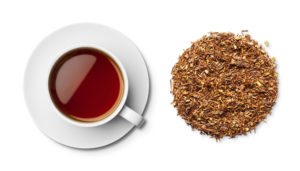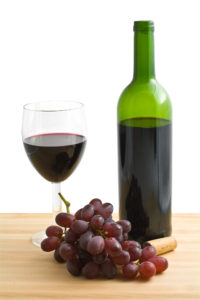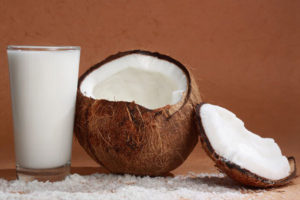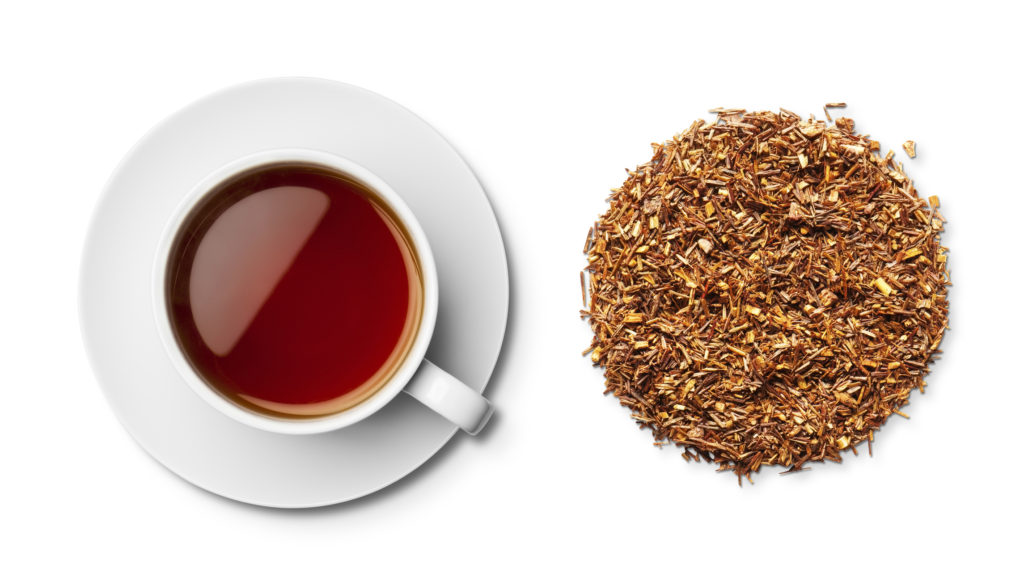Beverages can be consumed for many reasons in our daily lives, such as quenching thirst, enjoying ourselves, boosting energy, satisfying hunger, cooling down, and even warming up. Below are some of our suggestions for African drinks to try on different occasions.
Palm wine

Palm wine is made largely from palm tree sap. Palm wine is a staple beverage in many African countries including Nigeria, Ghana, Cameroon, and Congo.
Palm wine has a white or golden colour and is usually consumed unfermented. It can be fermented into vinegar due to its high sugar content, but its alcohol content is low. Palm wine has a pleasant flavour and can be enjoyed with grilled meats, rice, and curries.
Kerkede

Kerkede, a popular Egyptian and Sudanese tea produced from the Hibiscus flower. This refreshing summer drink is exceptional with a sweet and tart taste, plus it’s also caffeine-free. Kerkede looks and tastes a little like cranberry juice. It is a great drink to cool yourself down on a hot day. Kerkede has been gaining a lot of attention for some of its supposed health benefits, although it is better known worldwide simply as hibiscus tea. Depending on personal preference, Kerkede can be served hot or cold.
Dawa

‘Dawa’ means “medicine” in Swahili. Although dawa was originally made to help with cold recovery and therapy, nowadays it is more commonly known as an alcoholic Kenyan cocktail. This cocktail is created with lime, brown sugar, ice (sometimes even hot water) and vodka. The special ingredient in this cocktail is honey.
Dawa comes with its own attachment, a bulky wooden or plastic Dawa stick. This stick is used to completely mix the honey into the drink.
Rooibos tea

The plant Rooibos is a broom-like shrub. Rooibos or red bush tea is made from the leaves of this plant. This tea is popular at South African high teas, workplaces, hotels, and homes. Rooibos tea is sweet and nutty and can be enjoyed a variety of ways including with honey, lemon, vanilla, and caramel.
Rooibos is also now enjoyed in tea infusions that go well with apple, cucumber, chocolate, and berries.
Ginger juice

Ginger juice is a popular drink in several West African nations, including Nigeria, Benin, Mali, Ivory Coast, Guinea, and Senegal. The ginger juice recipe can include a variety of additional ingredients besides ginger. Lime can be added to increase the acidity. Mint leaves, vanilla sugar and pineapple juice are also popular additions. Many recipes also include peppercorns, which make African ginger juice slightly spicy and zesty.
Ginger juice is an excellent alternative to coffee or tea. It is simple to prepare at home with ingredients that are easy to find in your local grocery stores. It provides an exceptional energy boost, quenches thirst, and gives you that spicy kick when you need that mid-afternoon treat.
Pinotage

Pinotage is a red wine grape that has become a trademark of South Africa. It was created in South Africa as a cross between pinot noir and cinsault grapes. Despite the delicate nature of the wines made from the pinot noir and cinsault, pinotage is known for its rustic aspect, as well as earthy and fruity aromas, making it an excellent fit for barbecues and meaty dishes. It contains more alcohol than other red wines.
Pinotage is growing more popular both in South Africa and worldwide as the quality of wines has improved and winemakers recognise the versatility of this grape variety. Pinotage can now be found in many restaurants, hotels and liquor stores around the world with prices to suit every budget.
Sobia drink

Sobia is a thirst-quenching Egyptian beverage consisting of starchy, milky sweet coconut. Egyptians love sobia at parties and it is especially popular during Ramadan. Rice, milk, coconut milk, and sugar are the main ingredients to create it. It is usually flavoured with vanilla and served cold with crushed ice. Sobia recipes are frequently shared among Egyptian homes, leading to a large variety of ways to prepare it.
Sobia is a tasty drink-dessert. Its thick texture and sweet flavour make it like a milkshake. It is mostly enjoyed as a dessert at the end of a meal.


